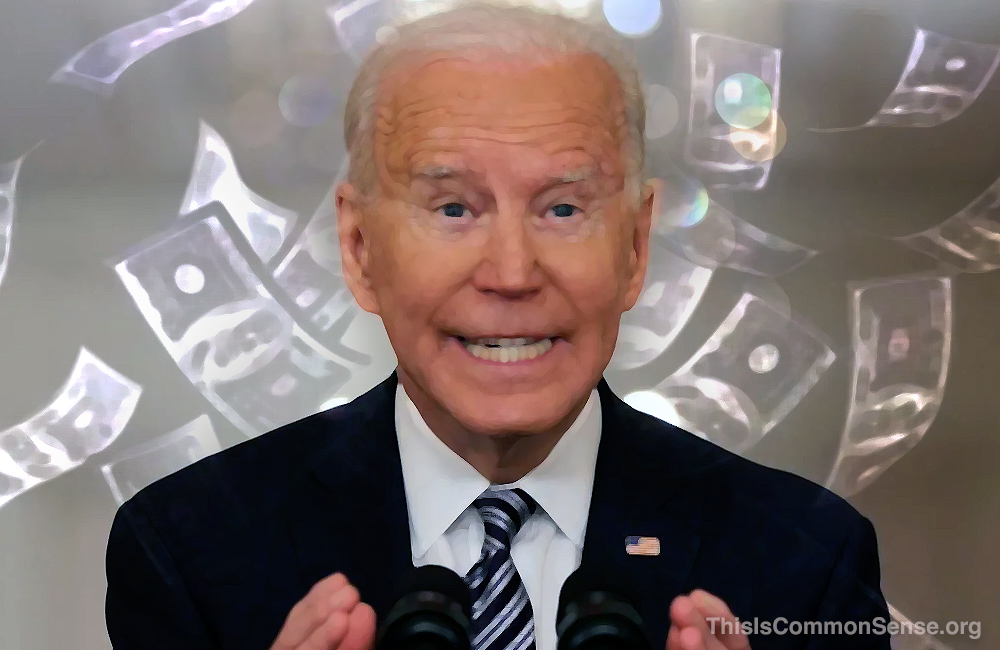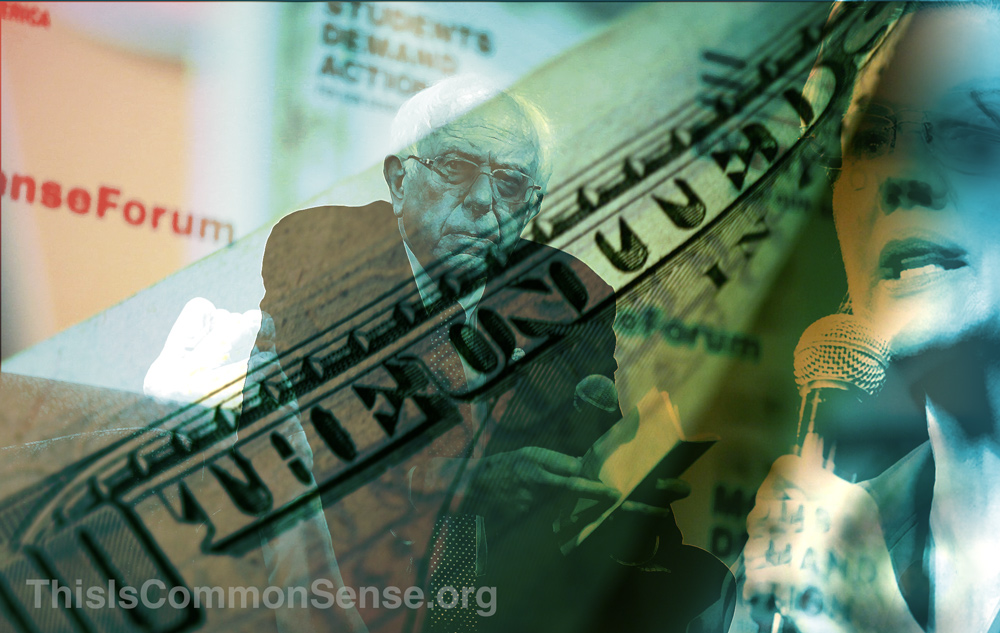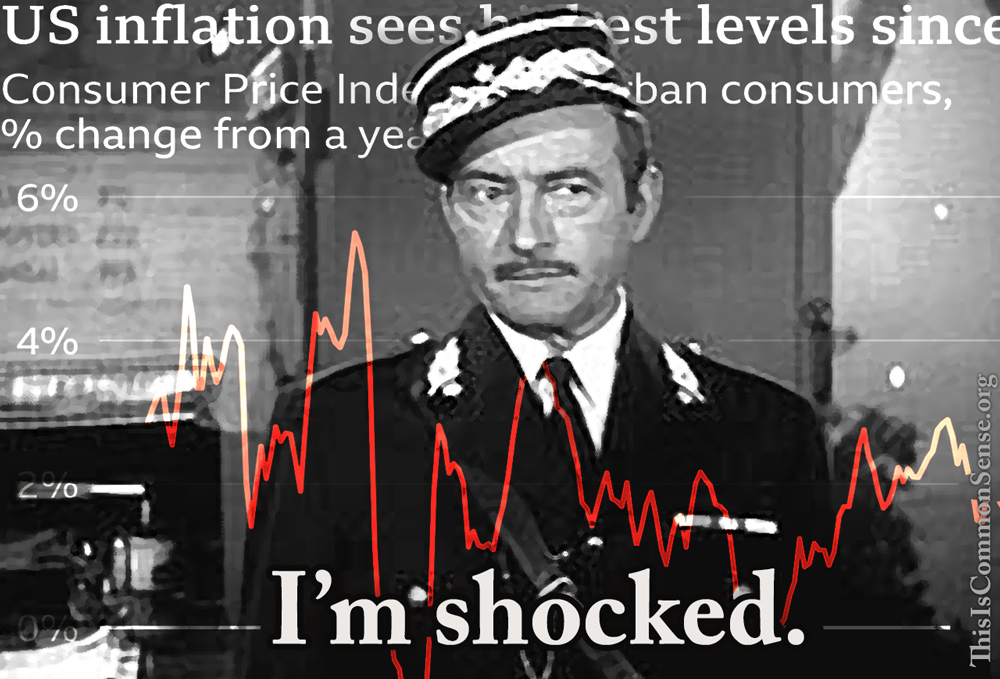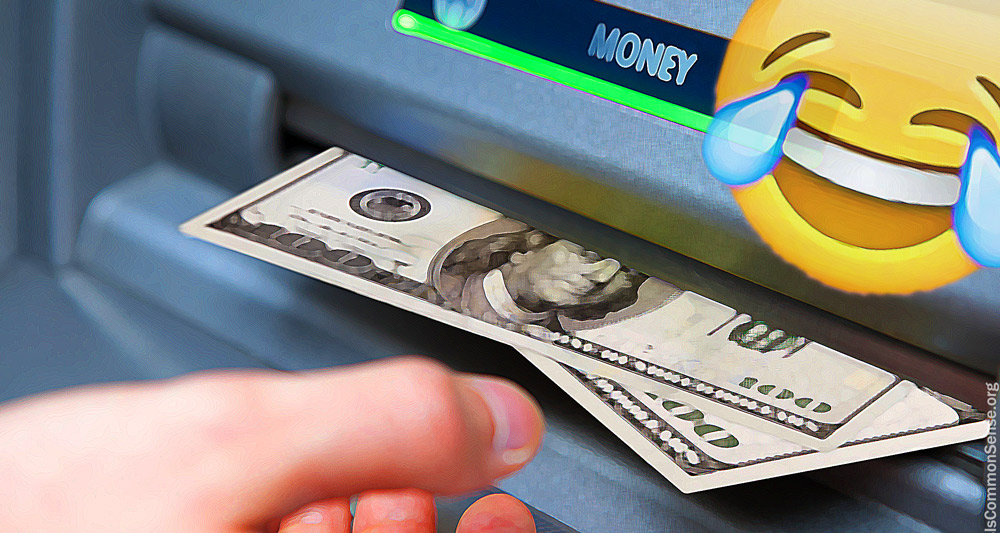When President Joe Biden accused oil companies of excessive profiteering, and those profits as a cause of inflation, reactions were . . . mixed.
Democrats love that kind of talk. Ronald Reagan, back in his Democrat days, pitched precisely that sort of rhetoric when he campaigned for Truman’s re-election.
Republicans, along with most other Americans, are skeptical. Or just plain incredulous.
Meanwhile, what did Big Oil say?
Chevron’s CEO, Mike Wirth, took special care to complain of the president’s rhetoric, characterizing the administration as having “largely sought to criticize, and at times vilify, our industry.”
Perhaps Biden’s worst vilification was that Exxon had “made more money than God” — as if spending more money than God were his job and that he resented any money he couldn’t spend.
EXXON responded by noting that the multinational had continued investing in infrastructure even during the pandemic lockdowns when the company “lost more than $20 billion and had to borrow more than $30 billion to maintain investment to increase capacity to be ready for post-pandemic demand.”
In a helpful mode, the company offered that “government can promote investment through clear and consistent policy that supports U.S. resource development, such as regular and predictable lease sales, as well as streamlined regulatory approval and support for infrastructure such as pipelines.”
Biden, who ran on decreasing oil production by regulatory crackdown, received a square hit.
Nonetheless, the Democrats double-down on their worn-out “windfall profits” alarmism.
After a huge hit to consumption during the lockdowns, the profits are there not as recompense for Big Oil’s regrettable big losses, but as incentives to get out of the Great Suppression.
We should want profits to entice more investment.
Could it be that Biden wants neither?
This is Common Sense. I’m Paul Jacob.
—
See all recent commentary
(simplified and organized)





